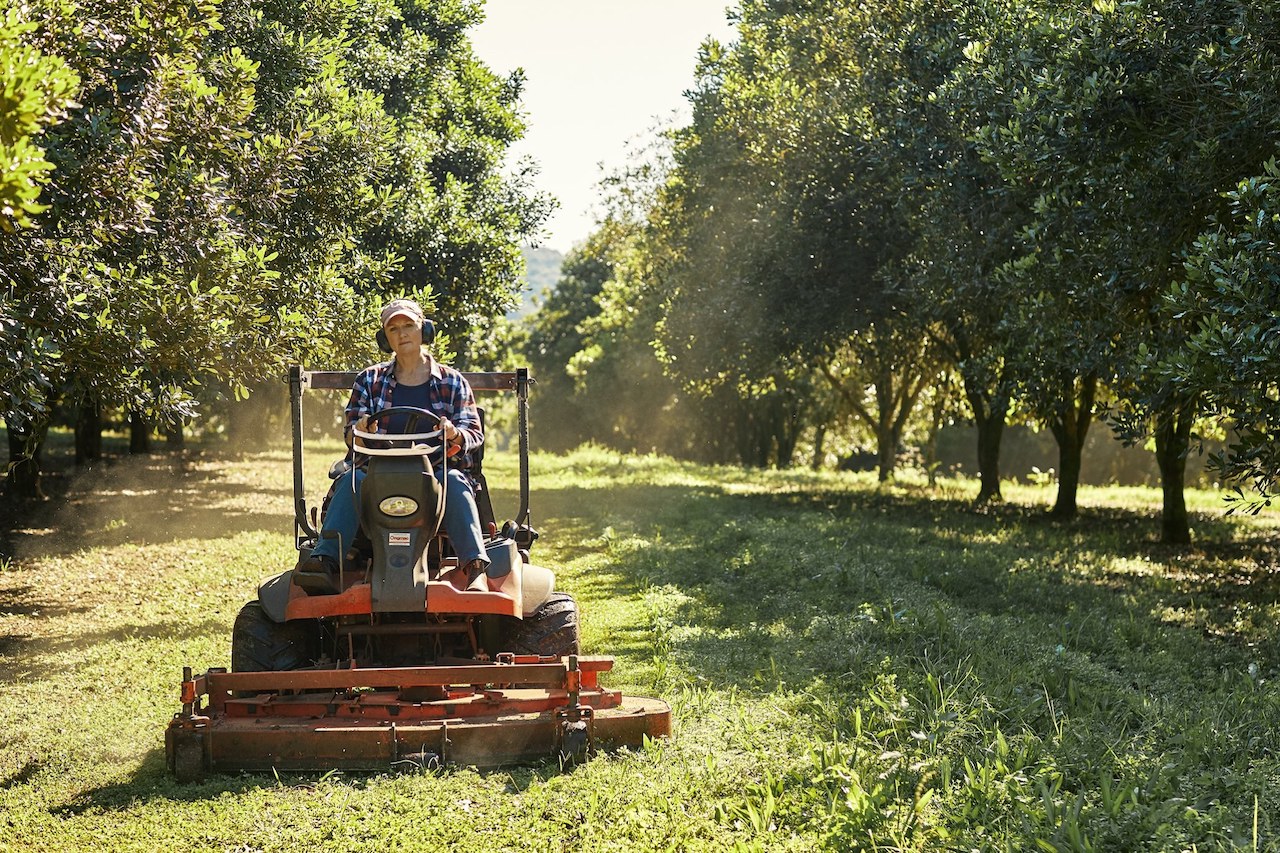



Article by: Hari Yellina
While the concept of carbon farming has sparked controversy and curiosity, a Queensland macadamia farm has put it into action. Hinkler Park Plantations, based in Bundaberg, announced that it had achieved a total greenhouse gas (GHG) decrement and removal of 17,670 tonnes of carbon dioxide equivalent (CO2e) across its entire macadamia production system between 2020 and 2021 through carbon sequestration and reduced energy and fertiliser use. This is the equivalent of offsetting 4236 passenger vehicle emissions for an entire year.
The 3000 hectare macadamia farm is a stockholder of Marquis Macadamias, which produces 22,000 tonnes of processed nut-in-shell macadamias, accounting for 43% of Australia’s macadamia production. The environmental feat is being held up as an example of how soil health and fertility techniques can dramatically reduce GHG emissions while increasing GHG removal through soil organic carbon (SOC) improvement. Carbon reductions refer to lowering GHG emissions by using less fertiliser, chemicals, or energy to grow the crop compared to the previous year. The capture and storage of CO2 from the atmosphere, in this case via soil carbon sequestration, is referred to as carbon removal.
Clayton Mattiazzi, general manager of Hinkler Park Plantations Queensland and director of Marquis Macadamias, claimed that by getting back to fundamentals, Hinkler Park Plantations has entirely transformed its farming operations. “We were suffering with soil health, tree health, and yields eight years ago,” Mr Mattiazzi added. “We have fully resurrected the health of our farm and improved the quality of our macadamias by applying biological farming principles.”To do this, we created a nutrient-rich media to improve the growing circumstances for our macadamia trees.
The key to this was reusing the farm’s extra organic matter: prunings, inter-row grass clippings, and the nut husk were all put back under the tree into the soil to compost into tree nourishment. Large anaerobic composted mulch created from extra farm waste is used to support this activity. Now they have a farm that sequesters more carbon than it produces, preparing them for climate change by constructing a biologically sound and more robust farming system.
Water use efficiency; compost, woodchip, and woodchip manure blends to improve soil health; waste minimisation; integrated pest and disease management (IPDM); and integrated orchard management (IOM), which includes drainage, orchard floor management, and canopy management, are all examples of on-farm sustainability initiatives used by Marquis Macadamias growers.